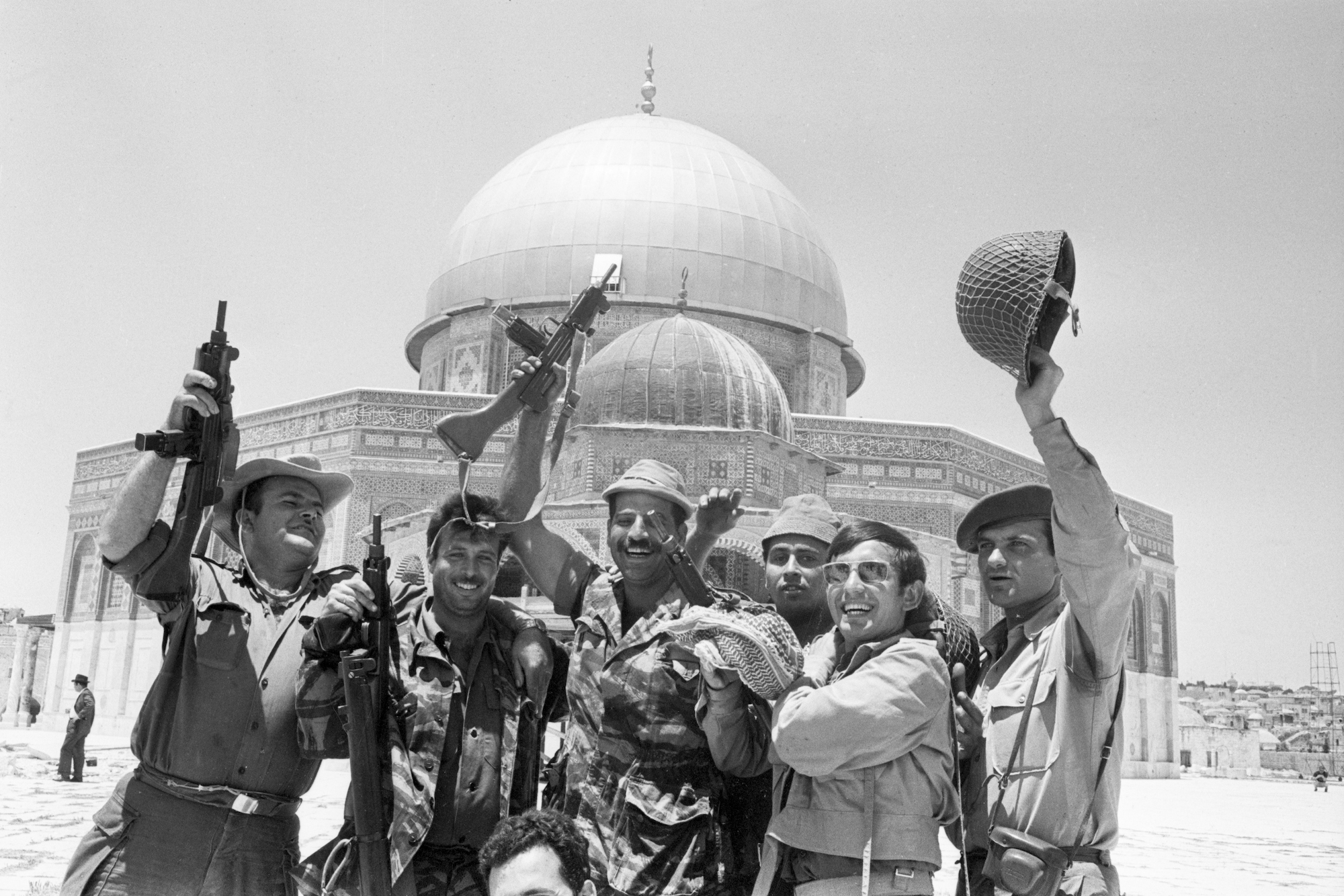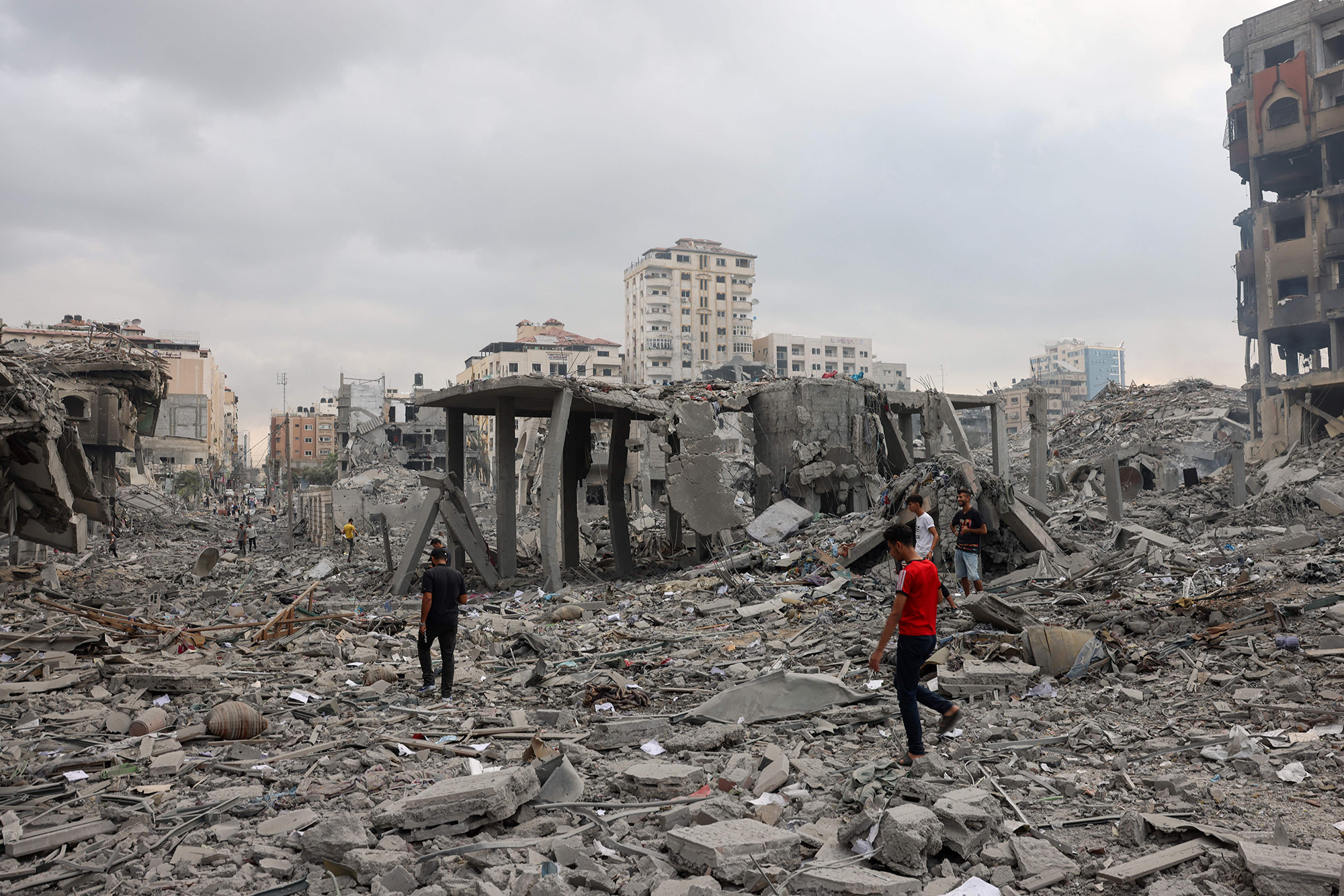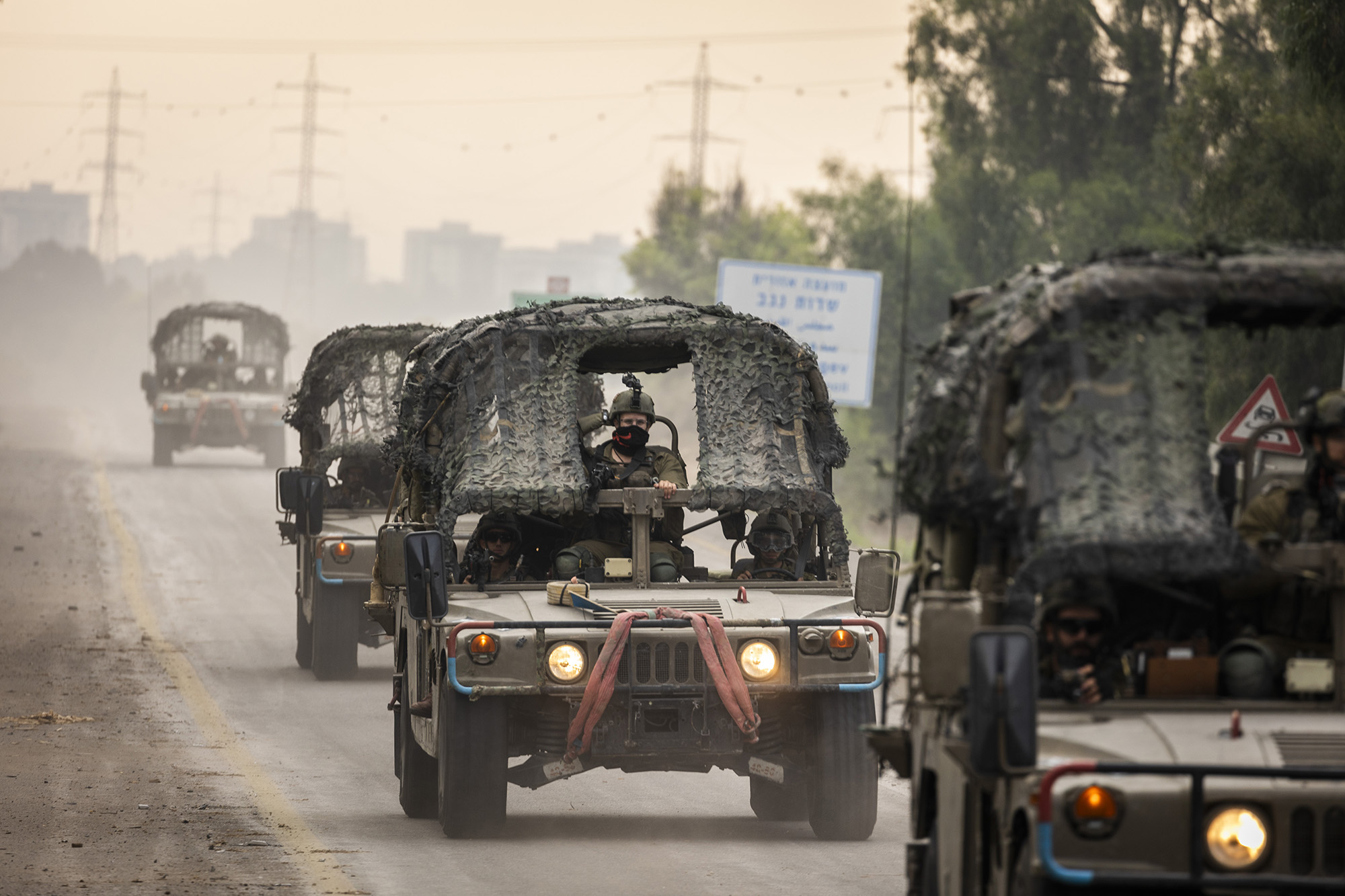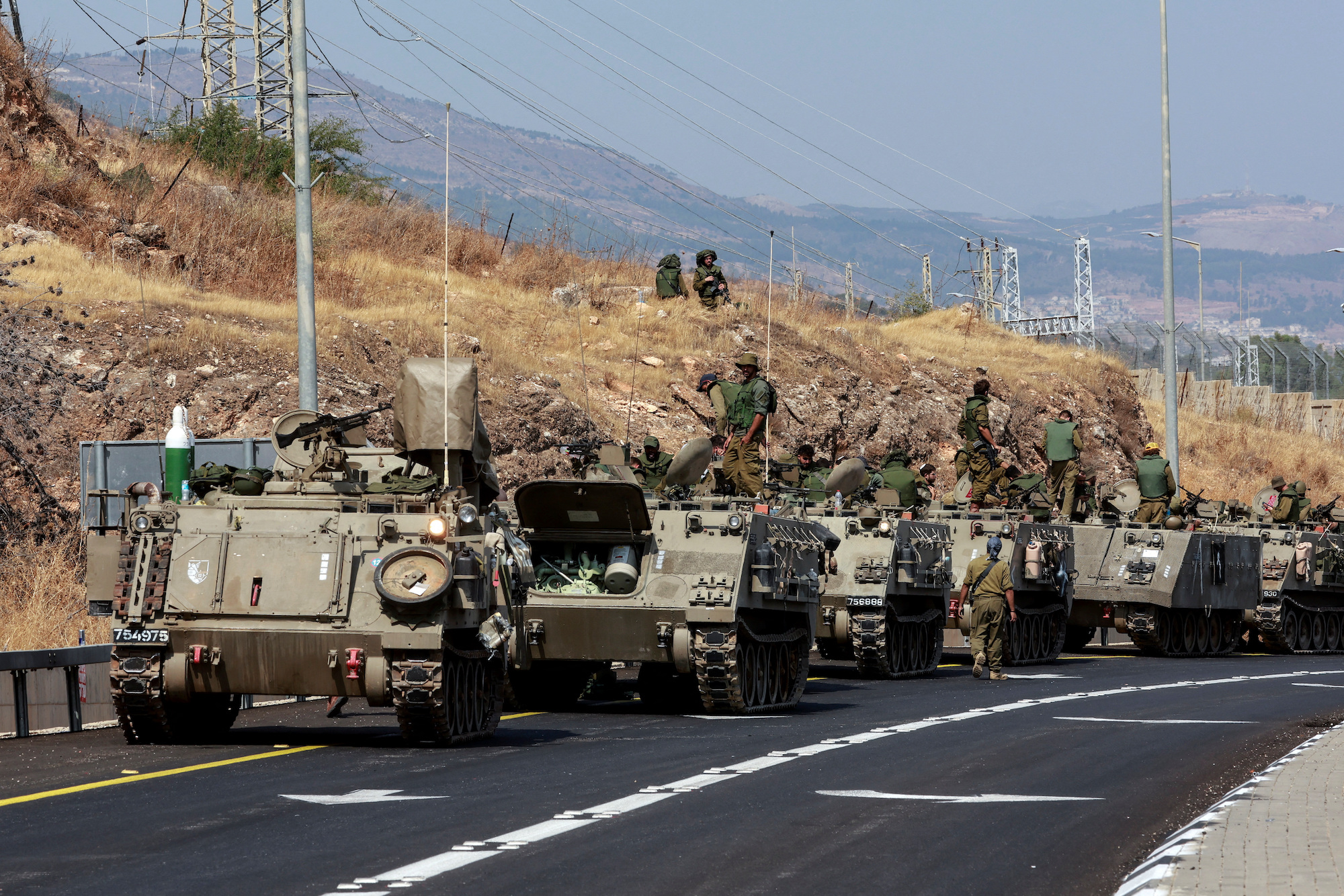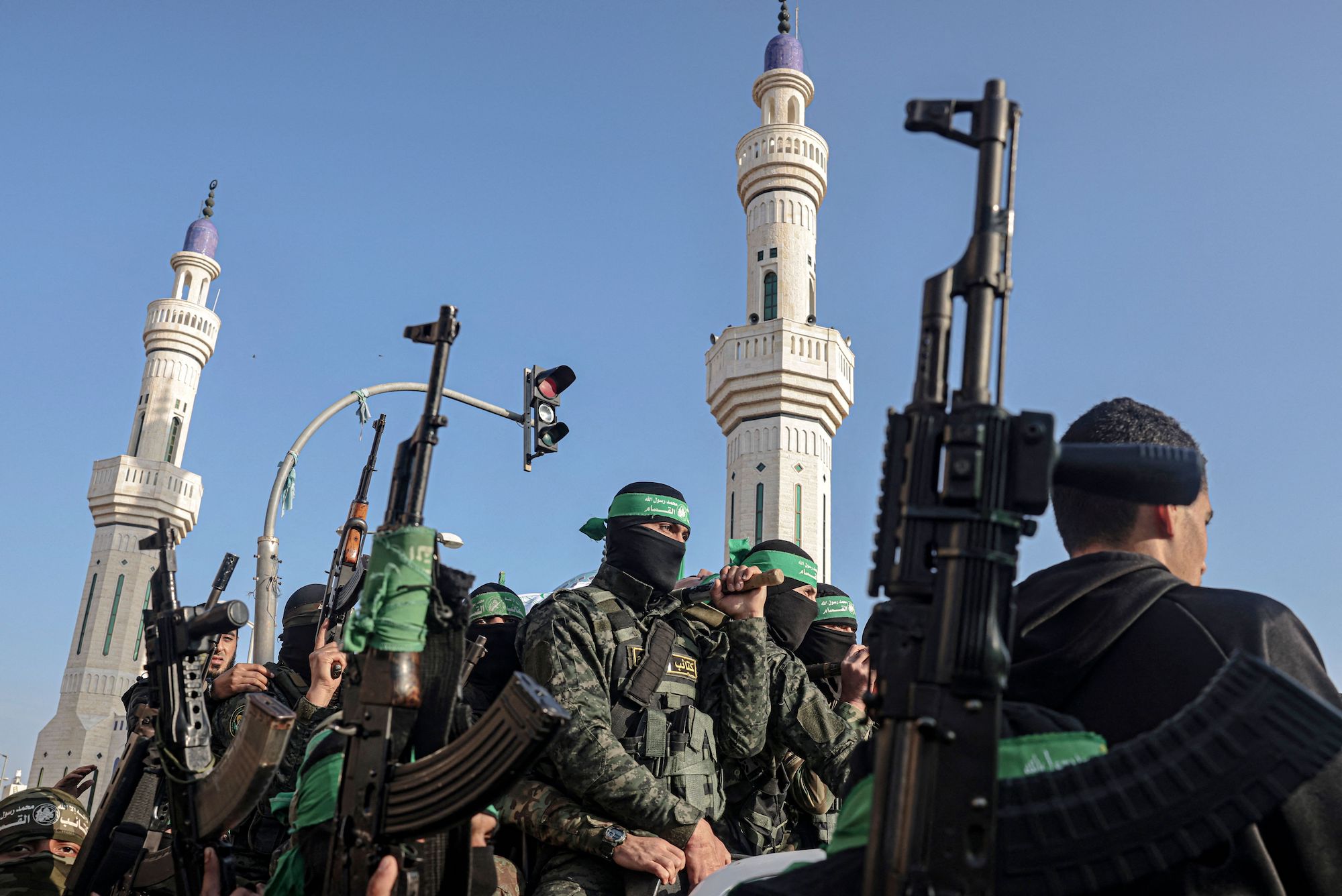The scale and sophistication of the Hamas incursion into Israel Saturday prompted questions about whether the militant group could have done it alone — and if it had help, whether that could have come from its longtime backer in the region, Iran.
While Tehran has commended the operation, it has denied involvement. US deputy national security adviser Jon Finer said there is no “direct information” linking these attacks to Iran at this time, but that the US believes Iran is “broadly complicit” in Hamas attacks in Israel.
Yet Iran’s evolving relationship with Hamas and its Palestinian militant partners, the Islamic Jihad, is well documented.
Here's what you need to know:
- An ambiguous and evolving alliance: Hamas turned against Iran for several years over its support for Syria’s dictator President Bashar al-Assad during the country’s civil war. Ultimately it returned to Tehran’s orbit, and has been openly communicating with Iran and its paramilitary allies about its militant goals.
- Funding: Israel says Iran supports Hamas to the tune of some $100 million dollars a year. The US State Department in 2021 said the group receives funding, weapons and training from Iran, as well as some funds that are raised in Gulf Arab countries.
- Regional coordination: Iran’s paramilitary allies in the region — namely Lebanon’s Shia armed group Hezbollah — have repeatedly boasted about an ironclad security coordination with Palestinian Islamist groups. (Much of the Western world and some Arab countries consider Hezbollah, Hamas and Islamic Jihad to be terrorist groups.)
CNN’s Betsy Klein, MJ Lee, Jim Sciutto and Pamela Brown contributed reporting.
